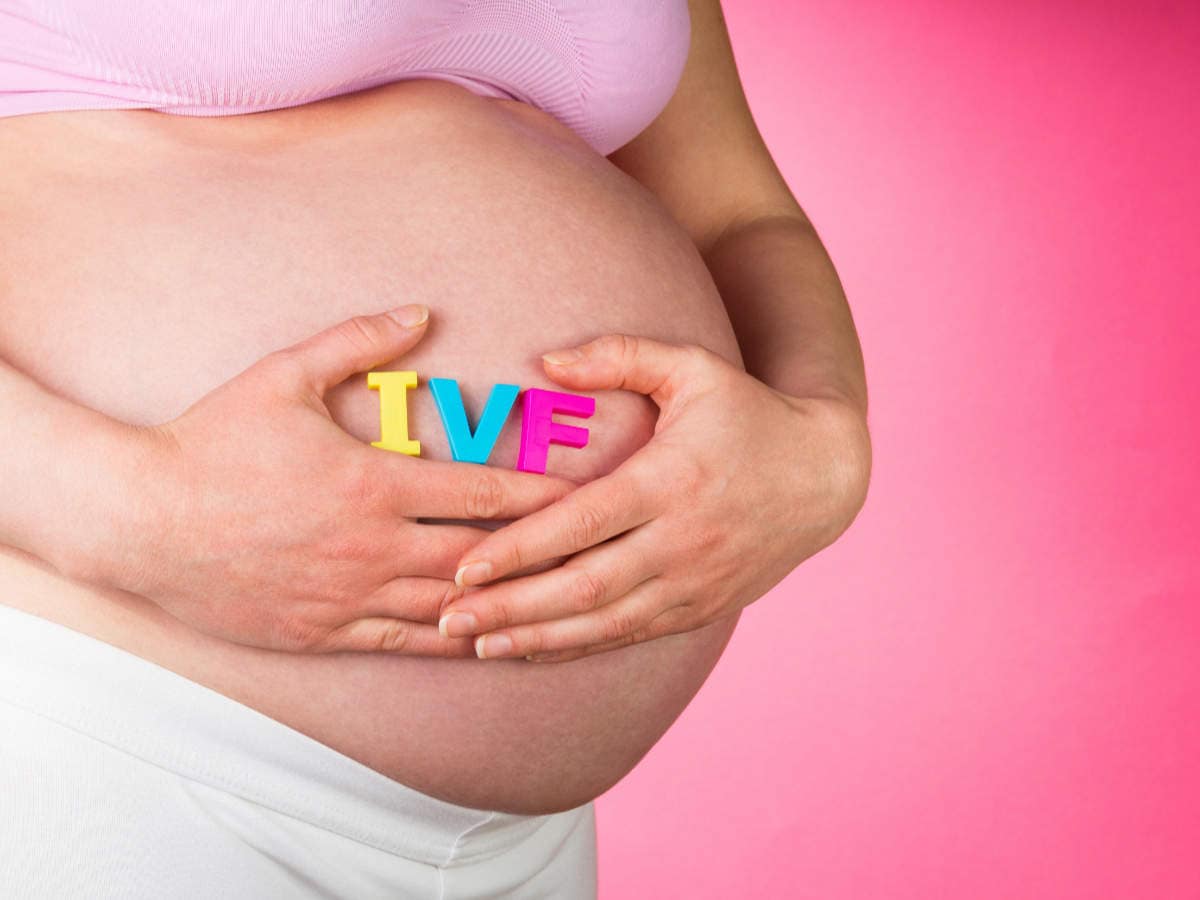“In vitro” is the Latin term for “in glass” In vitro fertilization, or IVF, is the process of an egg being fertilized by sperm outside the woman’s body, in a laboratory. Since the first successful birth from IVF took place in 1978, the procedure has offered hope to couples around the world who have found themselves facing infertility.
Of course, as with any big decision, before beginning IVF you need to carefully weigh the arguments for and against. And one of the key questions is: what is the cause of infertility? IVF works better in some cases than in others; it is particularly useful in cases of damage to or blockage of the Fallopian tubes, which prevents the egg from reaching the uterus to be fertilized.
Another cause of infertility is Asherman’s Syndrome; this is where the cavity of the uterus develops scar tissue (adhesions). Delivering Dreams is able to treat some cases of Asherman’s with a therapy based on adult stem cells from the woman’s body.
If you are interested in cost of gestational surrogacy, we advise you best surrogacy agency – Delivering Dreams.
The following list doesn’t include all of the issues to consider, but it will provide a good starting point for discussion and a basis for further inquiries with a qualified fertility specialist.
Advantages of IVF
- The fundamental advantage of IVF is that it allows a couple to have their own biological child, rather than using a donated egg or sperm.
- IVF has been around for a long time: the first successful birth happened four decades ago, in 1978. IVF has a long, safe track record and has been continually refined over the years by medical professionals around the globe. It’s more successful than other assisted-reproduction techniques.
- In addition to being useful in cases of infertility related to the Fallopian tubes, IVF is also indicated in cases of unexplained infertility, or if there are minor problems with the man’s sperm.
- The procedure allows couples the option to screen embryos for hereditary disease or chromosomal problems if they wish to do so.
- IVF is appropriate for single women or same-sex couples.
Disadvantages of IVF
- IVF is not cheap, and is not always covered by insurance/social security; and the costs of repeated procedures can add up quickly.
- Success rates for IVF vary widely depending on age and medical condition. Overall, just over 25% of IVF cycles that are begun result in a live birth.
- Possible side effects include complications from stimulation of the ovaries to produce more eggs, as well as the risk of ectopic pregnancy, which happens when the embryo implants in the fallopian tube – a condition that can become life-threatening and require emergency surgery.
After four decades during which scientists and medical professionals have refined the process and introduced new techniques, IVF is far from being a “one-size-fits-all” procedure. There are various options that allow couples to deal confidently with their particular medical, financial and ethical considerations. Couples need to take the time to research the subject in depth and find a clinic that offers the right options for them.
Some of the key benefits of Delivering Dreams’s IVF program include our integrated approach, which allows us to provide all medical services under one roof, with a group of experienced gynaecologists and reproduction specialists who work together as a single team. Our programs include full medical support, and management of pregnancy up to 12 weeks.
Unlike many European clinics, we do not discriminate based on the age of our parents, or limit the number of attempts at IVF a couple wish to make. And our own private Cryobank facilities enable couples to store embryos for an unlimited period of time.
Delivering Dreams support Ukraine. If you want to help Ukraine in this hard time – NBU Opens Special Account to Raise Funds for Ukraine’s Armed Forces, check this link to help.





